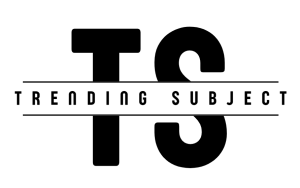In a political moment that stunned corporate media and sent economic strategists scrambling for new talking points, United Auto Workers (UAW) President Shawn Fain—yes, the same union boss who endorsed Kamala Harris and once called Donald Trump a “scab”—publicly praised the 45th president this week for his aggressive use of international tariffs.
Appearing on MSNBC, Fain made it clear: Trump’s economic nationalism is resonating where it matters most—on the factory floor.
“Tariffs will influence these companies to do the right thing and reinvest in this country,” Fain told a visibly flustered Simone Sanders-Townsend, who seemed blindsided by the union leader’s reversal. The MSNBC host tried to walk Fain back to the safe confines of partisan orthodoxy. It didn’t work.
The reason? Results speak louder than rhetoric.
Since the passage of NAFTA in 1993, America has hemorrhaged over 90,000 manufacturing facilities, with millions of jobs shipped overseas—jobs that once provided good wages, retirement security, and community stability. This wasn’t some abstract shift on a spreadsheet. This was the gutting of middle America.
Fain acknowledged as much, stating plainly that “our broken trade system is still causing us to lose jobs in this country”—and, perhaps more importantly, that no one in either party has seriously addressed the issue for over 30 years.
That’s where Trump comes in.
While Democrats debate nuance and globalist talking points, Trump’s tariffs are already shifting the landscape. Though some critics fret about economic friction, Fain defended the policy as a necessary tool: “We support tariffs as a tool, a tool in the toolbox—not the end all be all.”
And he’s not wrong. Even as investors cheered Trump’s decision to ease most tariffs to a 10% baseline, his 125% levy on China remains intact. The Communist Party, now facing pressure it hasn’t felt in decades, is scrambling for a response. Xi Jinping’s sudden tour through Southeast Asia isn’t about diplomacy—it’s about damage control.
For decades, union leaders preached party loyalty while watching American jobs vanish into thin air. What we’re seeing now is something different: a course correction. Fain isn’t pledging allegiance to a politician—he’s acknowledging a policy that works. It’s the first public crack in a dam that’s been straining under the weight of bipartisan globalism for years.
And make no mistake, this moment matters. The UAW isn’t just a labor union. It’s a political bellwether. Its shifting stance may well signal the next populist wave—one driven not by slogans, but by realignment around economic sovereignty and the idea that America should, once again, build what it consumes.








